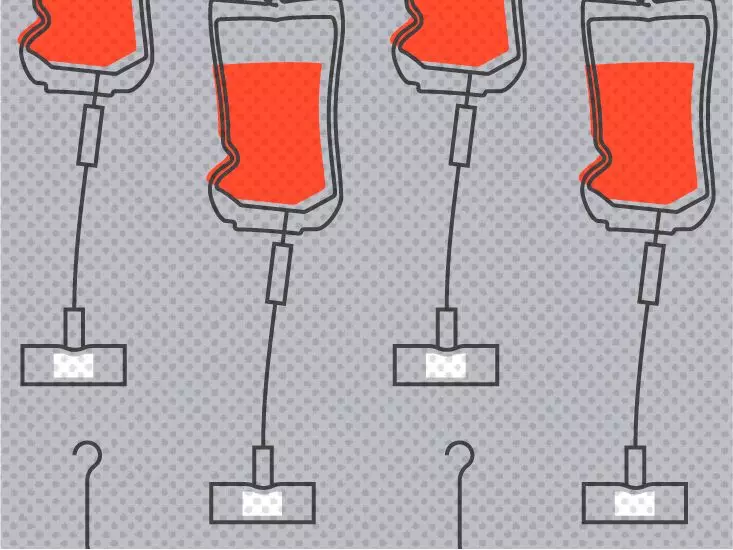Provenge (sipuleucel-t) is a medication primarily used in the treatment of prostate cancer in specific scenarios. Like many other drugs, Provenge comes with its own set of potential side effects, including infusion reactions that may occur during or after the infusion process. It is imperative to be aware of the possible side effects associated with Provenge and to seek medical advice if any symptoms persist, worsen, or become unbearable.
Common Mild Side Effects
Mild side effects are commonly observed with the usage of Provenge, although not everyone may experience them. Some of these mild side effects include anemia, infusion reactions (chills, fever, fatigue), constipation, dizziness, headache, nausea, pain (back or joint pain), paresthesia (numbness, burning, tingling in extremities), and vomiting. While most of these side effects are temporary and may subside within a few days to weeks, it is crucial to consult with a healthcare professional if they persist or become severe.
Serious Side Effects
Provenge can also lead to serious side effects that require immediate medical attention. Some of the severe side effects associated with Provenge include stroke (with symptoms like numbness, weakness, vision problems, difficulty speaking or understanding speech), heart attack (chest pain, pressure, squeezing, sweating), and blood clots. If any of these symptoms occur, contacting a healthcare provider promptly is crucial, especially if they are life-threatening.
Infusion reactions, such as those caused by Provenge, can range from mild to severe and are more likely to occur after the second infusion. Factors like pre-existing heart or lung conditions can increase the risk of these reactions. Provenge is administered intravenously under medical supervision, and precautions are taken to mitigate infusion reactions, including monitoring during and after the infusion process. Blood clots, another potential side effect of Provenge, may manifest as pain, swelling, warmth, redness, or difficulty breathing. Immediate medical attention is necessary if blood clot symptoms arise.
While allergic reactions to Provenge are rare, they can occur and range from mild to severe. Mild allergic reactions, such as a rash, should be reported to a healthcare provider for appropriate management. Severe allergic reactions, involving swelling or breathing difficulties, necessitate immediate medical attention. In cases of a serious allergic reaction, an alternative medication may be recommended.
Before starting Provenge treatment, individuals should discuss their medical history and any pre-existing conditions with their healthcare provider. Factors like lung or heart conditions, previous allergic reactions to similar drugs, and pregnancy or breastfeeding status should be considered. It is essential to follow the guidance of a qualified healthcare professional and seek advice before initiating any new medication.
While Provenge is an effective treatment for prostate cancer, it is essential to be aware of the potential side effects associated with the medication. By understanding the common and serious side effects of Provenge, individuals can take proactive steps to monitor their health and seek prompt medical attention if any symptoms arise. Consulting with a healthcare provider and following their recommendations will ensure safe and effective treatment with Provenge.


Leave a Reply